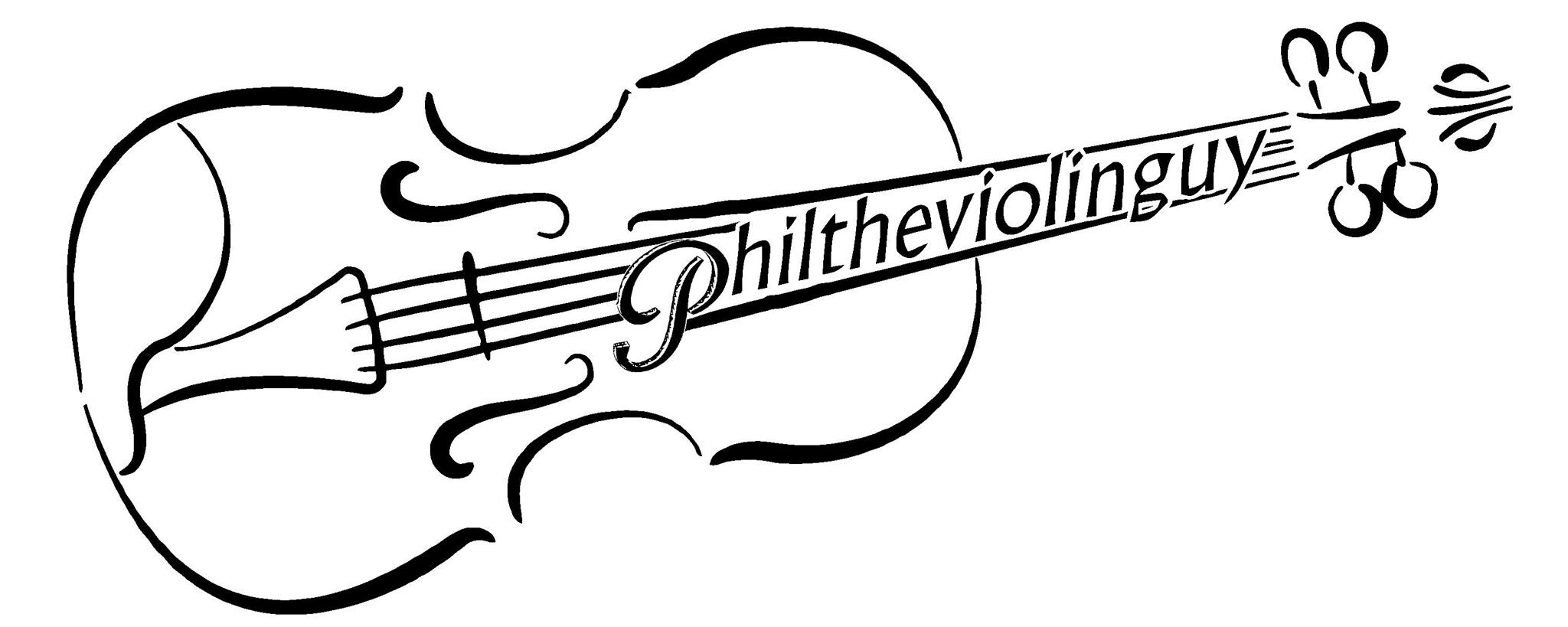When I was in college I always assumed I’d eventually get some non-music job; majoring in music was just a logical extension of what I’d done with my life to that point. I’d told my violin professor that I’d never consider teaching, and I had so little experience with kids that I was sure I didn’t get along with them. But during my senior year a pianist classmate of mine suggested I spend Saturdays at the music store with him, teaching private lessons, just for some fun money. The coordinator who placed students with teachers was another classmate of ours. I told her that I’d be willing to teach age 10 and up, and no beginners. So I showed up that first Saturday of fall semester and my first student was a 5-year-old beginner.
She learned all of Suzuki book 1 (reading music!) that year, without parent involvement. (At some point later on she switched instruments and became an all-state jazzer.) I had no idea what I was doing when I started teaching, but Maia and the other dozen students I worked with that year started me on my journey of learning how to teach. Shin’ichi Suzuki spoke of beginner teachers’ learning curve and apologizing to their initial students… to this apology I add a heartfelt “Thank You” for leading me into my career!
I took a spring break trip that year to check out the South by Southwest music festival, and fell in love with Austin – a place where I could play classical music AND join a band (or several), and where students’ parents might support that without midwestern judgement. Upon return for my last few weeks of college I sent resumes to all the music schools in Austin, expressing my intent to start my Suzuki training and work with young beginners. Margaret Perry at the Armstrong Community Music School gave me a chance, and I built a studio on pure youthful energy. At one point parents of beginners took a 6-week group course with full-size violins before their kids started lessons. Then kids took a private lesson and a group lesson every week, the ideal Suzuki model. Some of those kids grew up to be music majors themselves.
These days most parents don’t want that sort of buy-in, and I don’t blame them. My teaching/performing balance changed as well, including touring with one of my bands for a month at a time. How could I expect parents and kids to be all in when I’m frequently out? I started teaching more private lessons to middle schoolers during their orchestra class time, never even meeting the parents. I moved to the ‘burbs and began working in a district that paid me directly to work with kids who’d never had the resources for private lessons, rather than receiving payment from the students’ parents.
Then the pandemic changed everything, providing down time to transcribe and play classic rock guitar solos on the violin for fun, but necessitating the acquisition of home recording gear and the skills to record myself remotely (need tracks?). Teaching in person has since returned, but online lessons are now an established option. Touring is bigger than ever, but the bulk of my local gigging is in church, weddings and freelance events rather than restaurants and theaters. When not hustling I enjoy biking and cooking, baseball, and spending time with my partner and her grandkid.
Oh, you wanted a standard bio like you’d see in the symphony program? Here goes…
Phil Davidson is a multi-genre violinist based in Austin, TX. He began playing violin at the age of 6 as a Suzuki kid, and went on to major in music at Drake University where he was concertmaster of the university symphony as well as a member of the Des Moines Symphony and Des Moines Metro Opera orchestra. Since moving to Austin in 2002, Phil teaches a full studio of violin, viola, and fiddle students, from adult beginners to Suzuki kids as young as age 4. Phil performs regularly throughout the US and Canada with The Invincible Czars, presenting their own new scores to classic silent films. When in Austin he plays with guitarist Tim Bond and various other groups from classical to bluegrass to heavy metal to world music. His recent recording credits include LOLA – Local Opera Local Artists, Flamenco Symphony, and Muppletone.
